The Doctor William Hartnell was more than just you know Who
When producers wanted an actor who could be tough yet cheeky and unpredictable they found it in actor William Hartnell who became the first Doctor Who.
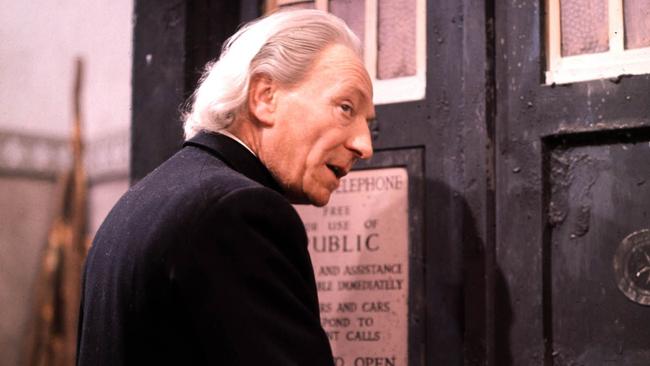
Today in History
Don't miss out on the headlines from Today in History. Followed categories will be added to My News.
IN the early 1960s the BBC was casting the lead actor for a new science fiction series. Producer Verity Lambert wanted someone stern and serious and yet a bit unpredictable, so she asked William Hartnell, who played the tough, shouty, sergeant in the TV comedy The Army Game, but also a slightly pathetic, ageing rugby league talent scout in the film This Sporting Life.
Hartnell wasn’t immediately sold. “My agent said that the part was that of an eccentric old grandfather-cum-professor who travels in space and time. Well I wasn’t that keen.” Despite his reservations he agreed to meet with Lambert. She gave such an enthusiastic pitch that Hartnell was “hooked” and predicted the show would “run for five years.”
The show, Doctor Who, actually ran from 1963 until 1989, and the modern revival has been running since 2005. Hartnell only filled the lead role from its pilot until poor health forced him to leave in 1966. But the actor, born 110 years ago this week, was the original Doctor. Despite his long list of credits before playing the time traveller, it was the role with which most often associated.
Born William Henry Hartnell on January 8, 1908, in St Pancras in London, mother Lucy, the daughter of a farmer from Devon, was unmarried. Hartnell never knew who his father was.
His mother fostered Hartnell out to the family of a bootmaker, but he spent school holidays at his grandparents’ farm in Devon.
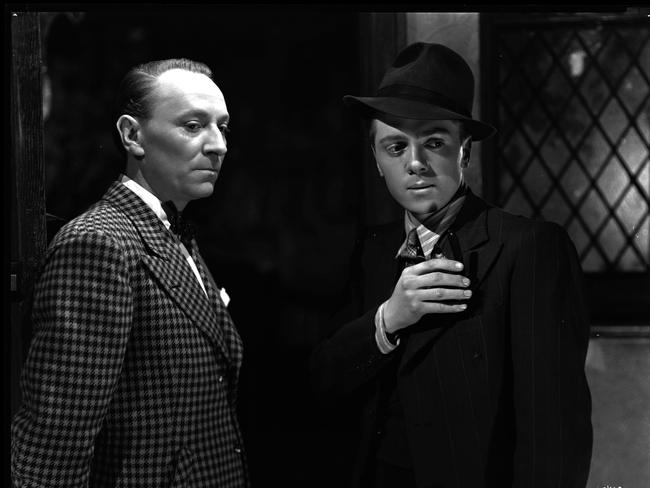
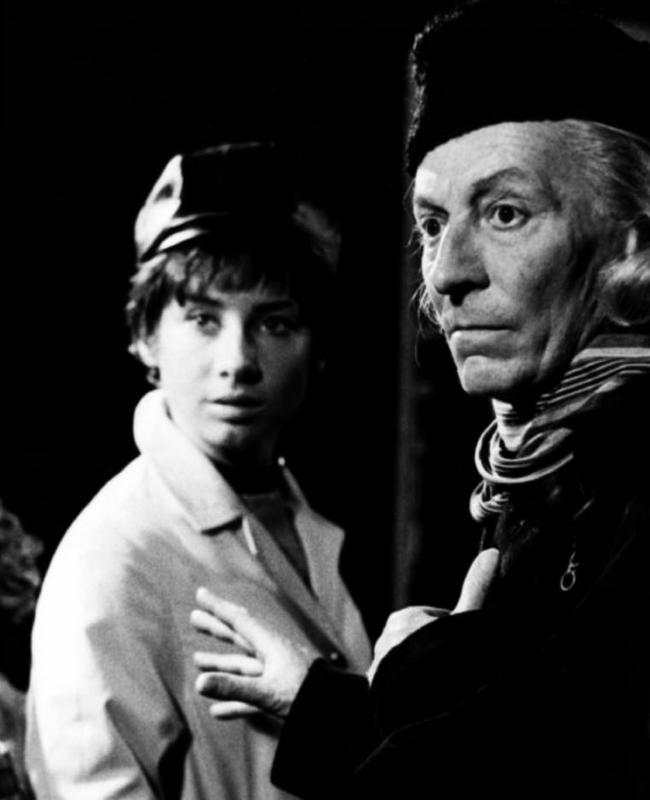
Leaving school at 14 he drifted into petty crime. He joined a boxing club for boys where, at 16, he met art dealer Hugh Blaker, who became a mentor and even started Hartnell on a career as a jockey. As it became apparent he was going to be too big for racing, the theatre-loving Blaker decided to send the boy to drama school. He also put Hartnell in a military college to knock off some of his rough edges, but Hartnell soon ran away.
Blaker then found him work with Sir Frank Benson’s Shakespearean theatre company in 1924 and Hartnell worked his way up from stagehand to actor, getting his first roles in 1926. He left Benson’s company after two years but found work with other troupes. While performing in a play in 1928 he met co star Heather McIntyre, who he married in 1929, after touring Canada. They had one daughter.
In 1932 he had a minor role in his first film Say It With Music, but in 1933 he scored a lead role in the comedy I’m An Explosive playing a clerk who accidentally swallows a bomb. Through the ’30s he made several more films as the lead or a featured extra, but he was already finding himself playing a lot of gangsters, police or military men.
During World War II he served in the Royal Armoured Corps in the British Army, but was invalided out after suffering a nervous breakdown during training. It took time for him to get rid of a stutter and to go back to work in theatre and films.
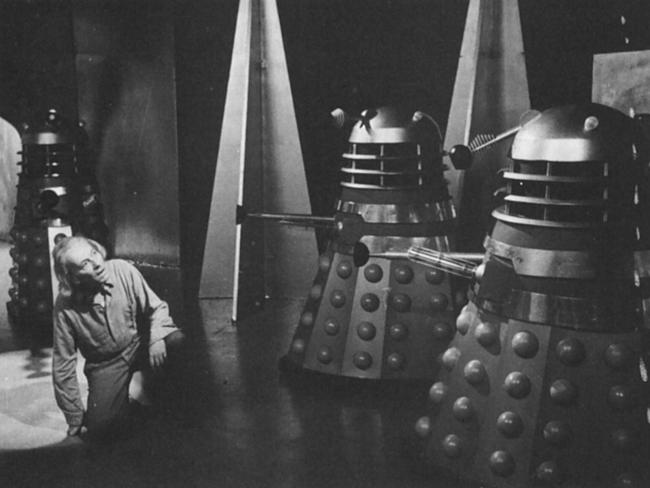
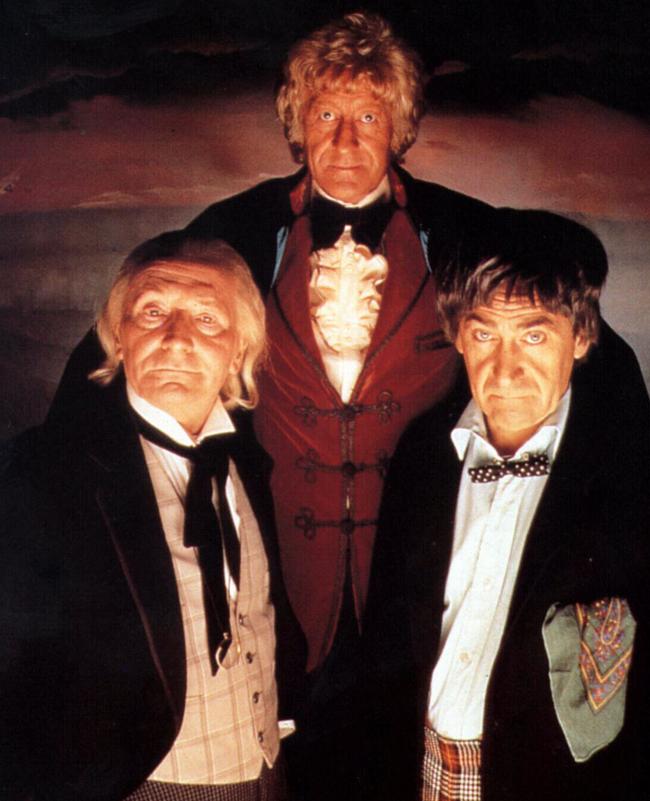
He was fired by Noel Coward from the set of In Which We Serve in 1942 after turning up late. It could have spelled disaster to his career but he still found plenty of work, but in the ’40s many of his roles were as thugs, soldiers or police.
In 1947 he played a memorable role in Brighton Rock as one of the main gangsters. But in the ’50s he seemed to be cast as sergeants in almost every second film or TV project. Yet he became well-known for his role as the aggressive and proper sergeant Bullimore in The Army Game, who looked after a troop of no-hopers doing National Service, which had three seasons between 1957 and 1960.
Already a veteran when cast as the Doctor in Doctor Who, he relished doing something a bit different from previous roles and invested a lot in the character. He had some say in how the time travelling alien would act and how he developed during the series. Somewhat cold and matter of fact in the pilot, Hartnell insisted that the Doctor be warmer and have a sense of humour.
When the series became a hit, Hartnell loved the attention from his broad fan base, ranging from children to adults. His departure from the series, at the height of its success, was attributed to health problems, brought on by the gruelling year long filming schedule. But Lambert’s departure in 1966 also contributed. Hartnell didn’t get on well with the new production team. Producers developed the idea of the Doctor regenerating to explain why a new actor, Patrick Troughton, took over the role.
Hartnell returned to stage work, but made the occasional TV appearance including reprising the role that made him famous in a special 1973 episode of Doctor Who. He died in 1975 after suffering a series of strokes.
Originally published as The Doctor William Hartnell was more than just you know Who



